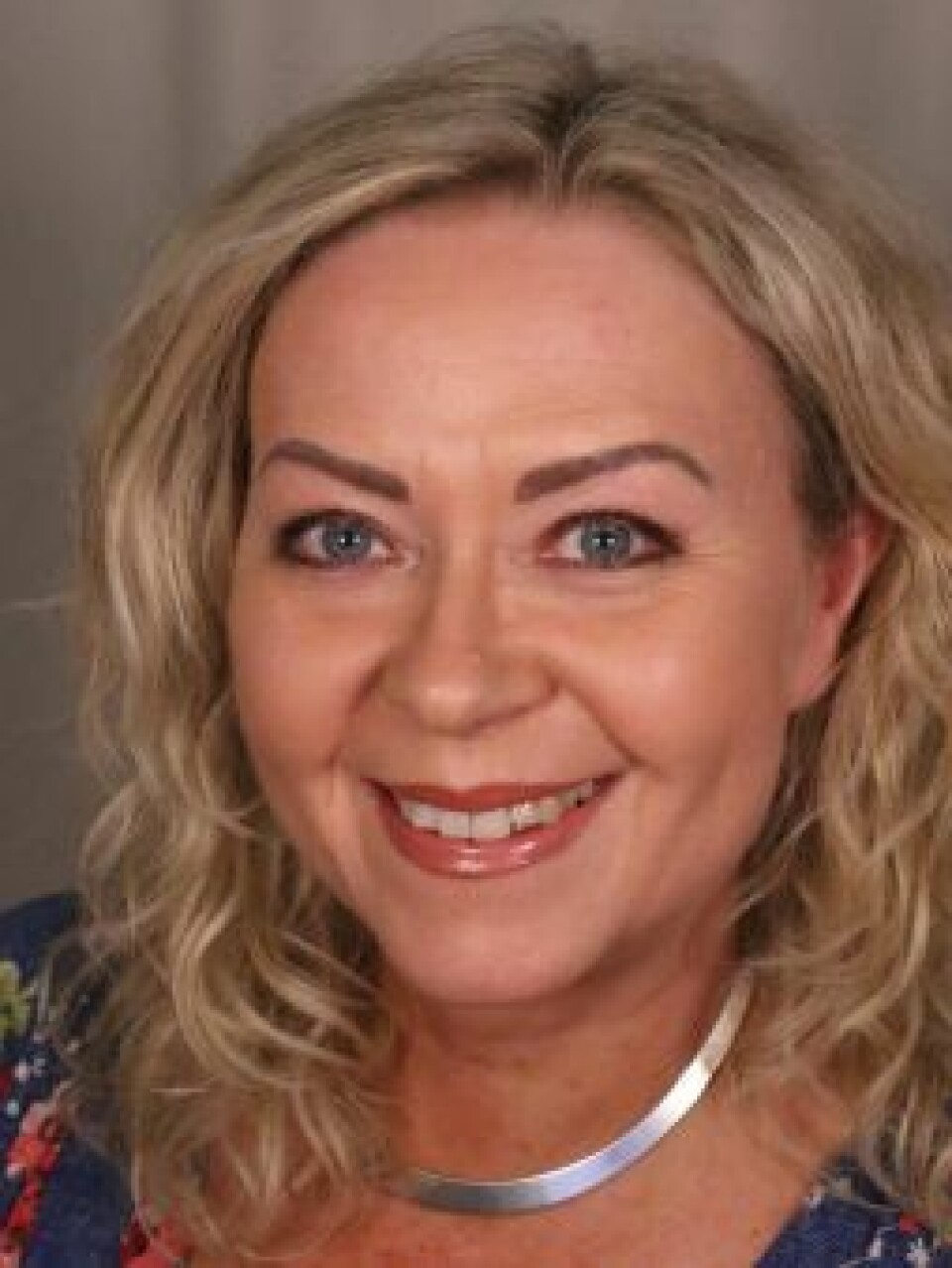THIS CONTENT IS BROUGHT TO YOU BY THE University of Agder - read more

Still little help available for next of kin of substance users
“It can be questioned whether the health and social services have made room for the next of kin of addicts,” says a researcher on substance abuse.
“My research shows that there is a great need for more support for family members of drug addicts,” Bente Birkeland says.
She is an associate professor at the University of Agder and researcher in the field of substance abuse. She also heads the national expertise network Barns Beste (Best interests of the child).

Birkeland has written her doctoral thesis on partners of substance users. In collaboration with Professor Bente Weimand at the University of South-Eastern Norway, she wrote a report on the living conditions of next of kin of addicts, commissioned by the Norwegian Directorate of Health. She also contributed to a study on children as next of kin in 2015.
The question of whether the next of kin of substance users receive the help they need from the health services is still relevant.
A challenging life
Birkeland's research shows, among other things, that many family members of substance users feel stigmatised. Children and adults experience a high degree of conflict and secrecy about the substance abuse problem.
The partner of the substance user often has to take on both adult roles, and children may take on roles or caregiving tasks that are not natural at their age.
The problems caused by substance abuse permeate the entire life of the family.
Experience burnout
The next of kin are often exhausted from exerting so much of their energy on the drug problem, but often do not receive help from public bodies.
Seeking help can also feel shameful.
“Being on constant alert causes many people to experience anxiety problems,” Birkeland says.
The stress over time can lead to some of them taking sick leave or even becoming unable to work.
It is painful for both children and adults to see a loved one struggling due to drug problems, and to feel powerless themselves. They also feel that other people are not in a position to understand their situation.
Lack of rights and knowledge
According to the researcher, the next of kin feel that they fall between two categories in the substance abuse services. The services are tailored for the person with the abuse problem, but the next of kin have no rights.
“This is especially true in specialised health services. The family can only be involved if the person in treatment gives permission,” Birkeland says.
The patient's rights are what matter, and the patient can consent to involving their next of kin. Healthcare professionals, on the other hand, have an independent legal obligation to involve and support family members. Still, they rarely feel they are being met.
Need to focus on the children
Birkeland points out that it is important to have good systems in the healthcare system to focus on the children affected.
“Family members of substance users say that knowledge about addiction and focus on the next of kin must be embedded in all levels of the organisation for it to work well,” she says.
Ensuring that children have someone to talk to does not have to be costly.
“It can be a matter of training staff,” the researcher says.
In hospitals, all units within specialised health services are required to have personnel responsible for children.
A better life
“Asking the questions ‘how are you doing?’ and ‘what support do you need?’ are a good start to getting help on the right course,” Birkeland says.
Birkeland's research shows that it is helpful to have someone to talk to and to connect with others facing similar situations. Several volunteer organisations for family members of individuals with substance abuse issues have good offers, but people often do not know about them.
“The problems can be identified, and the family can receive help earlier if employees in health and social services have knowledge about substance abuse issues and are aware of the offers,” Birkeland says.
Need for training
Currently, it can be random whether the next of kin are informed about support offers and available options. The knowledge about substance abuse problems within different health services may be insufficient, especially when it comes to substance abuse problems from a family perspective.
“Individuals who have positive experiences with the support system say that the knowledge held by therapists and professionals can be crucial,” Birkeland says.
Birkeland's research shows that effectively supporting the next of kin requires the establishment of clearer procedures for their involvement, as well as systematic knowledge within health and social services.
There is a need for training on substance abuse problems and how they affect the whole family, as well as collaboration between different service levels and cooperation between public and voluntary services.
References:
Birkeland, B. Life situation when your partner has substance use problems : Quality of life and everyday experiences, Doctoral thesis at the University of Agder, 2019.
Birkeland, B & Weimand, B. En kvalitativ undersøkelse av levekår hos voksne pårørende til personer med rusmiddelproblemer (A qualitative study of living conditions among adult next of kin of persons with substance abuse problems), Norwegian Directorate of Health, 2015.
Ruud et al. Barn som pårørende. Resultater fra en multisenterstudie (Children as next of kin. Results from a multi-centre study), Akershus University Hospital, 2015.

This content is paid for and presented by the University of Agder
This content is created by the University of Agder's communication staff, who use this platform to communicate science and share results from research with the public. The University of Agder is one of more than 80 owners of ScienceNorway.no. Read more here.
More content from the University of Agder:
-
Fear being rejected: Half pay for gender-affirming surgery themselves
-
Study: "Young people take Paracetamol and Ibuprofen for anxiety, depression, and physical pain"
-
Research paved the way for better maths courses for multicultural student teachers
-
The law protects the students. What about the teachers?
-
This researcher has helped more economics students pass their maths exams
-
There are many cases of fathers and sons both reaching elite level in football. Why is that?




































